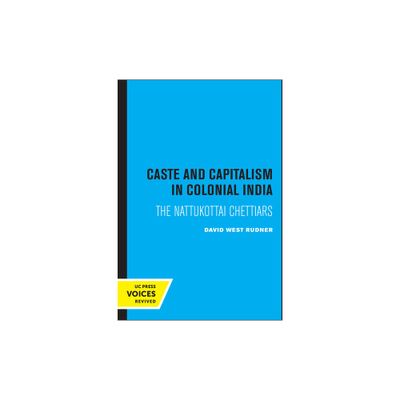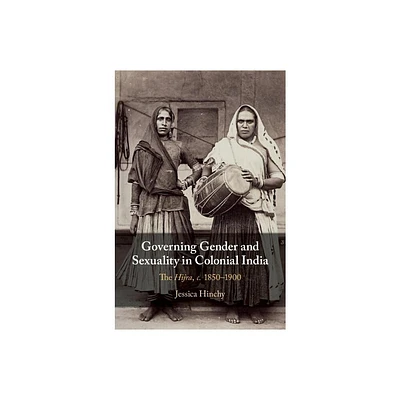Home
The Sexual Life of English: Languages Caste and Desire Colonial India
Loading Inventory...
Barnes and Noble
The Sexual Life of English: Languages Caste and Desire Colonial India
Current price: $27.95


Barnes and Noble
The Sexual Life of English: Languages Caste and Desire Colonial India
Current price: $27.95
Loading Inventory...
Size: Paperback
*Product Information may vary - to confirm product availability, pricing, and additional information please contact Barnes and Noble
In
The Sexual Life of English
, Shefali Chandra examines how English became an Indian language. She rejects the idea that English was fully formed before its life in India or that it was imposed from without. Rather, by drawing attention to sexuality and power, Chandra argues that the English language was produced through conflicts over caste, religion, and class. Sentiments and experiences of desire, respectability, conjugality, status, consumption, and fashion came together to create the Indian history of English. The language was shaped by the sexual experiences of Indians and by native attempts to discipline the normative sexual subject. Focusing on the years between 1850 and 1930, Chandra scrutinizes the English-education project as Indians gained the power to direct it themselves. She delves into the history of schools, the composition of the student bodies, and disagreements about curricula; the way that English-educated subjects wrote about English; and debates in English and Marathi popular culture. Chandra shows how concerns over linguistic change were popularly voiced in a sexual idiom, how English and the vernacular were separated through the vocabulary of sexual difference, and how the demand for matrimony naturalized the social location of the English language.
The Sexual Life of English
, Shefali Chandra examines how English became an Indian language. She rejects the idea that English was fully formed before its life in India or that it was imposed from without. Rather, by drawing attention to sexuality and power, Chandra argues that the English language was produced through conflicts over caste, religion, and class. Sentiments and experiences of desire, respectability, conjugality, status, consumption, and fashion came together to create the Indian history of English. The language was shaped by the sexual experiences of Indians and by native attempts to discipline the normative sexual subject. Focusing on the years between 1850 and 1930, Chandra scrutinizes the English-education project as Indians gained the power to direct it themselves. She delves into the history of schools, the composition of the student bodies, and disagreements about curricula; the way that English-educated subjects wrote about English; and debates in English and Marathi popular culture. Chandra shows how concerns over linguistic change were popularly voiced in a sexual idiom, how English and the vernacular were separated through the vocabulary of sexual difference, and how the demand for matrimony naturalized the social location of the English language.


















